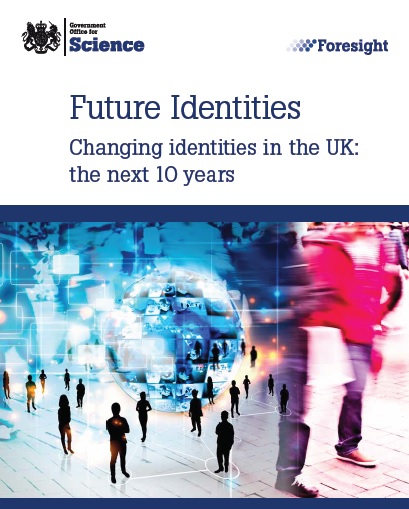Future Identities
Defining identity in a hyper-connected world
Published: 22 January 2013
The UK government's Department for Business, Innovation and Skills commissioned a study which set out to explore how technology is shaping our online identities and what it means for policy decisions. The key education extracts from the report are listed below: [1]
|
|
Digital literacy will be crucial
to address the potential skills gap
The report highlights the need to address the growing digital divide between individuals and communities. The continuing rise and pervasiveness of the knowledge economy and its demand for a workforce that is educated and trained in the use and application of new technologies will place pressure on policy makers to ensure that there is greater equity across the education sector; however the report suggests widening divisions between schools. In the article entitled Mind the Gap I explore the growing digital divide within the education sector. [2]
The report goes on to state how technology is redefining our very identity and how we will come to live and work in a hyper-connected world. In connected and networked schools the growing presence of technology is changing how teachers and students, teachers and teachers, students and students; and schools and parents perceive and engage with one another. In the workplace the hyper-connected economy has already redefined who we are and how we engage and collaborate with others. In Technologies of the Self I examine the broader definition of technology and how it is altering how we perceive ourselves within an education setting. [3]
Footnotes:
-
Future Identities: http://www.bis.gov.uk/foresight/our-work/policy-futures/identity
-
Mind the Gap:http://aftabhussain.com/resources/Mind+The+Gap.pdf
-
Technologies of the Self: http://aftabhussain.com/technologiesoftheself.html
